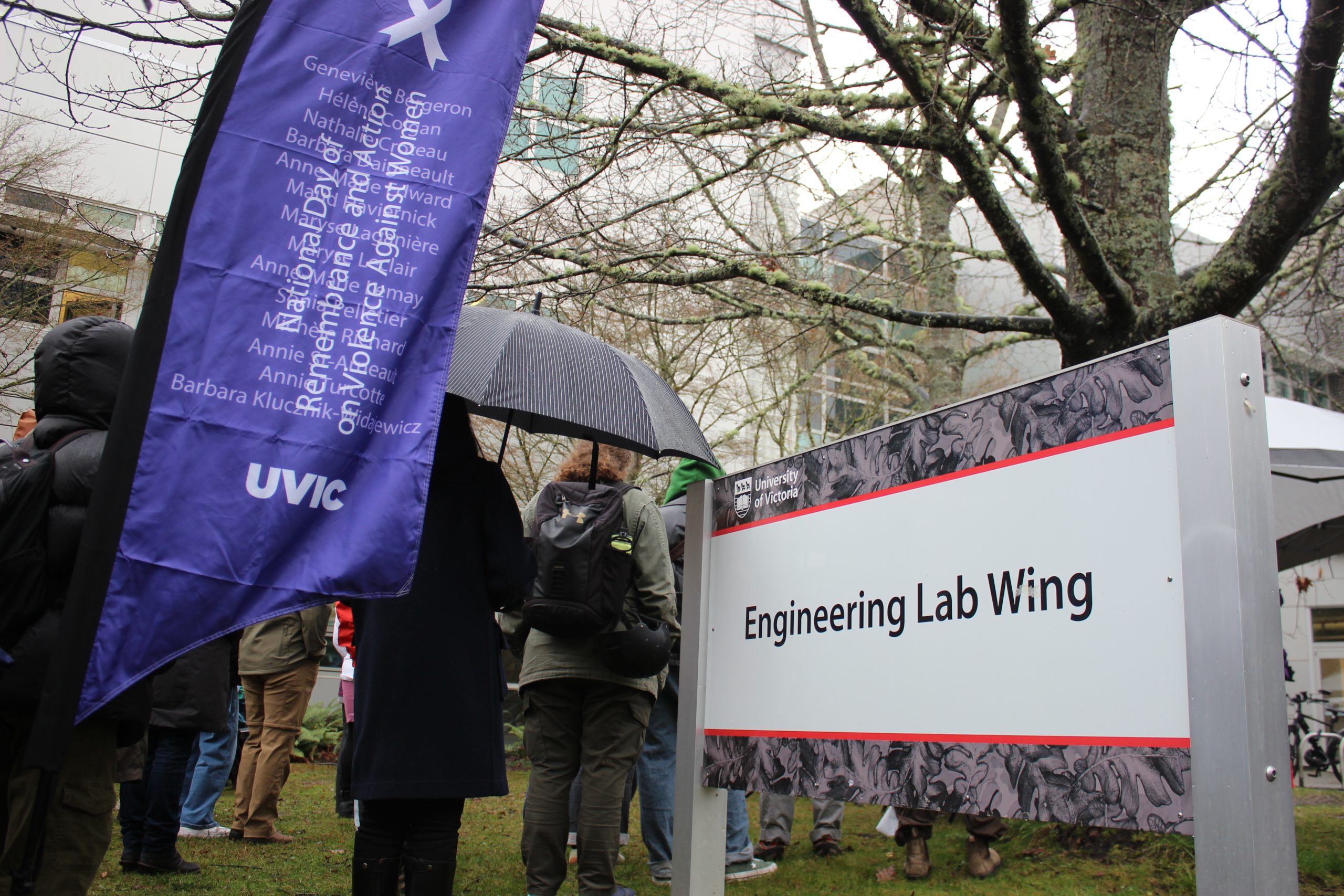The faculties of Business and Law at UVic have formed a new consortium aiming to promote economic development in Indigenous communities. The new consortium is a reboot of the former National Chair in Aboriginal Development founded in 2008.
Saul Klein, the Dean of the Faculty of Business, expanded on this shift via email: “It was felt that a Chair structure did not have the external outreach focus that was needed to make a difference on the ground. Based on consultations with the sponsors, and an internal assessment, we landed on the consortium.” Klein added that the name change also highlights the intent, moving from a Chair in, to a Consortium for economic development.
Based at UVic, the National Consortium for Indigenous Economic Development (NCIED) will work with organizations and educational institutions across Canada to promote economic development. A board of advisors, including business and Indigenous leaders, will be established by the end of the year. They will develop initiatives based on key areas, including entrepreneurship, research surrounding the best practices for governance, and the encouragement and maintenance of partnerships between Indigenous communities, businesses, and governments.
According to Klein, the consortium is “an entity created to foster economic development in Indigenous communities, [while] building on the University’s core mission around research and teaching.”
Overseeing the launch of the NCIED is interim director Miles G. Richardson of the Haida First Nation, who brings an extensive background in First Nations and Canadian government relations. Richardson was unable to comment as he is out of town until mid-November.
The NCIED is sponsored by both the B.C. provincial and federal governments, B.C. Hydro, and the Encana Corporation. In 2008, the Chair was sponsored by these same entities along with Enbridge Inc.
“There is a growing need for collaboration on Indigenous economic development along with building relationships and partnerships between industry, government and Indigenous communities,” Klein said. “This has become increasingly apparent in the light of recent Supreme Court rulings around aboriginal title and the resource-based investments that are taking place.”
Training industry leaders on how to establish relationships with Indigenous people and working with First Nations to establish policies on land use will be among the strategies employed by the consortium.
“The NCIED aims to provide structure, strategy, and implementation for these activities and facilitate the distribution of knowledge across the country. Bringing together Law and Business allows a focus on both the governance and legal issues involved as well as building the necessary business and management capacity to realise the opportunities that legal changes create.”
Klein added that the consortium does not intend to participate directly in treaty negotiations, though they hope their work will inform these negotiations in the future.
For an overview of the NCIED visit http://www.uvic.ca/ncied/.








